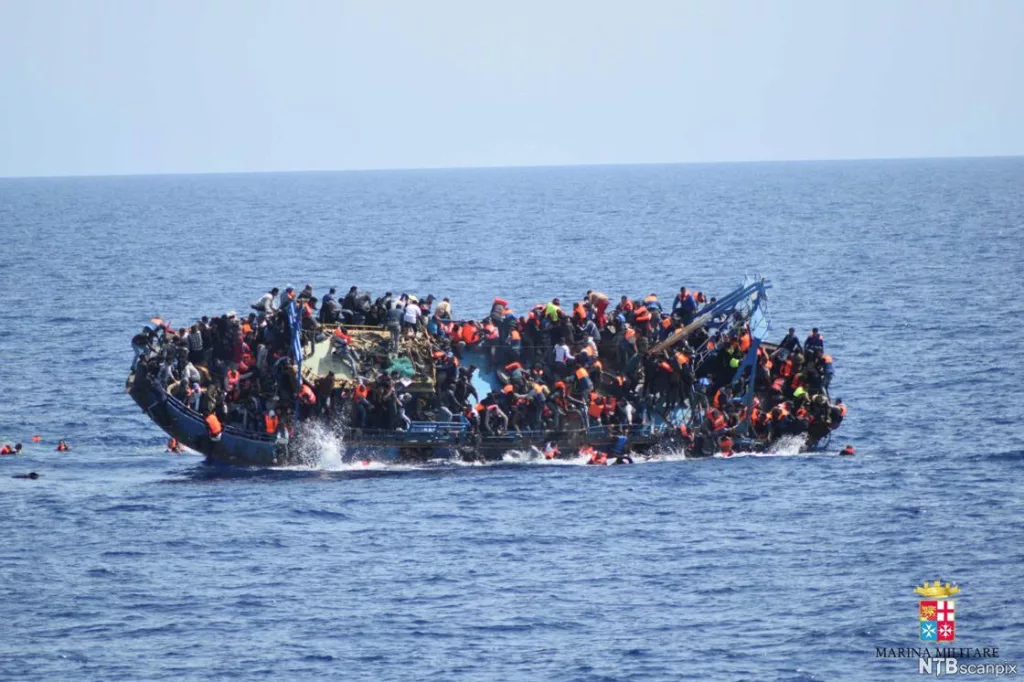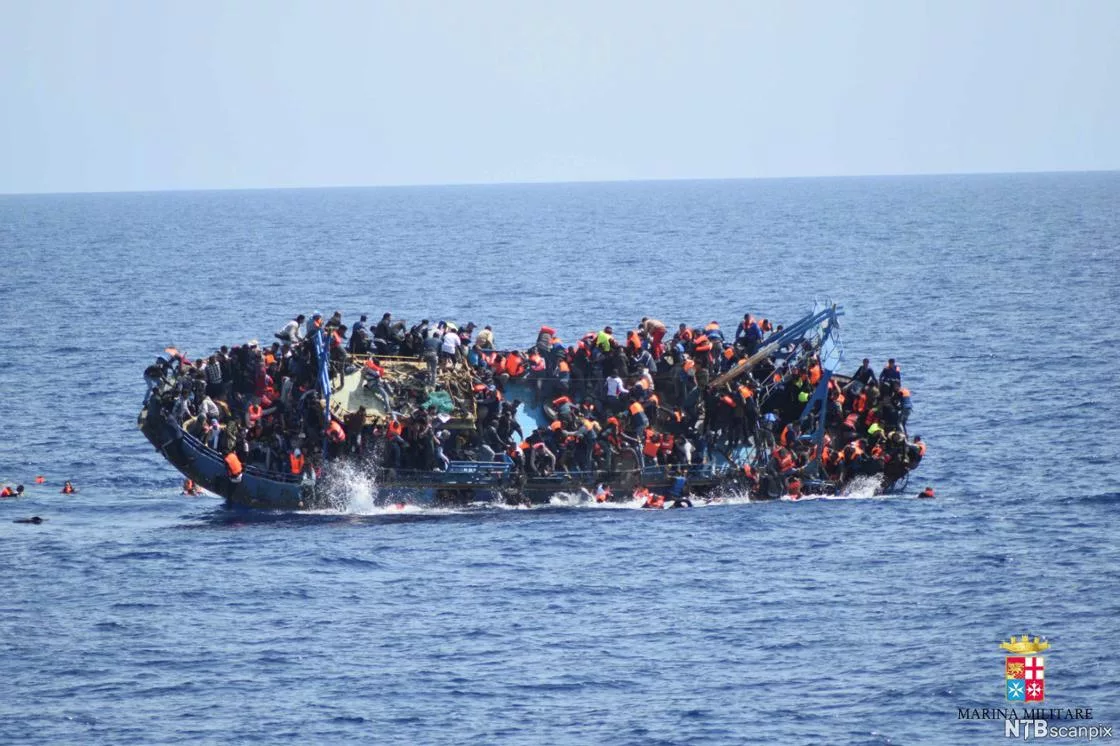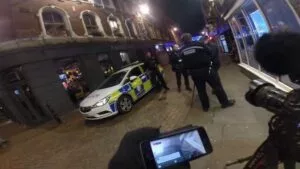Summary
he continued presence and activities of criminal networks undermine community safety, contribute to rising crime rates, and place additional strain on social services.

The UK has increasingly become a target for international criminals who exploit the nation’s legal and immigration systems. Many suspects, including those involved in organised crime, human trafficking, fraud, and violent offences, have used the bail system to flee the country and avoid justice. This problem is compounded by a lack of robust extradition treaties, complex international relations, and the inherent weaknesses in monitoring suspects with international ties. Below are 25 notorious cases that exemplify the severe impact of these criminals on the UK’s legal framework, society, and economy.
1. Florin Ghinea (“Ghenosu”) – Romania
Florin Ghinea, also known as “Ghenosu,” is a Romanian crime lord involved in human trafficking, conspiracy to murder, blackmail, and money laundering. Ghinea was arrested in London in 2018, linked to a network trafficking women across Europe. Despite being considered one of Europe’s most dangerous criminals, procedural errors allowed Ghinea to be released on bail. He subsequently fled to Romania, where he continues to evade UK justice due to Romania’s inconsistent cooperation with extradition requests. This case underscores how organised crime figures exploit bail conditions to evade capture and continue their illicit activities abroad.
2. Ali Qasemi – Iran
Ali Qasemi, an Iranian national, was charged with a violent murder in London. Granted bail due to insufficient evidence and procedural delays, Qasemi fled to Iran, exploiting the lack of an extradition treaty between the UK and Iran. Iran’s policy of non-extradition of nationals has rendered UK efforts to bring Qasemi to justice ineffective. Qasemi’s freedom highlights how suspects can use international mobility to evade prosecution, leaving victims without closure and undermining the rule of law in the UK.
3. Marek Jankowski – Poland
Marek Jankowski was arrested in the UK for kidnapping and violent assault. After being released on bail, he fled to Poland, where he has remained due to Poland’s protectionist stance on extraditing its citizens. Despite multiple appeals by UK authorities, Polish courts have stalled the process, citing legal protections for their nationals. Jankowski’s case illustrates the challenges within the European Union’s judicial cooperation, showing that even EU member states can be reluctant to enforce cross-border justice.
4. Ovidiu Tataru – Romania
Ovidiu Tataru led an ATM skimming gang that defrauded millions from UK accounts. After being granted bail, Tataru absconded to Romania, leveraging his local connections and exploiting Romania’s legal inconsistencies in handling financial crime. His case exposes the vulnerabilities in dealing with financially motivated crime suspects who maintain deep international networks, allowing them to evade justice and continue their operations.
5. Ahmed Al-Darbi – Iraq
Ahmed Al-Darbi, involved in a violent robbery in Birmingham, fled to Iraq while on bail. Iraq’s fractured legal system and lack of an effective extradition framework with the UK have allowed Al-Darbi to remain beyond the reach of British law enforcement. This case exemplifies the broader difficulties in dealing with suspects from conflict zones, where political and legal barriers significantly hinder extradition efforts.
6. Bashir Noorzai – Afghanistan
Bashir Noorzai, a drug trafficker linked to global heroin smuggling routes, was granted bail in the UK but fled to Afghanistan. Afghanistan’s instability and non-cooperation with UK authorities make his extradition impossible. Noorzai’s continued freedom fuels ongoing drug trafficking operations that finance violence and terror, demonstrating the global implications of allowing such criminals to escape justice.
7. Daniel Dociu – Albania
Daniel Dociu, wanted for a series of high-value burglaries in London, fled to Albania on bail. Albania’s reluctance to extradite its nationals, especially those with significant local connections, has allowed Dociu to evade UK justice. His case highlights the broader issue of Eastern European gangs exploiting UK legal systems, contributing to a rise in organised crime targeting British assets.
8. Mohammed Ahmed – Pakistan
Mohammed Ahmed, charged with sexual assault in Manchester, fled to Pakistan on bail. Despite UK efforts to secure his return, Pakistan’s slow and inconsistent extradition process has enabled Ahmed to remain free. His case underscores the limitations of the UK’s legal framework when dealing with suspects from countries with weak international law enforcement cooperation.
9. Samuel Musoke – Uganda
Samuel Musoke was involved in a violent robbery in London and fled to Uganda while on bail. Uganda’s lack of strong legal ties with the UK and prioritisation of local issues over international extradition requests have kept Musoke beyond the reach of British authorities. His case highlights the broader challenges in securing justice for victims when offenders abscond to countries with limited legal cooperation.
10. Hassan Youssef – Egypt
Hassan Youssef, involved in a multi-million-pound fraud, fled to Egypt on bail. Egypt’s legal system, which often protects its nationals from international prosecution, has refused to expedite Youssef’s return. This case illustrates the broader issues with Middle Eastern countries, where political and legal complexities often obstruct justice.
11. Abdelkader Hisham – Morocco
Abdelkader Hisham, a Moroccan national involved in a stabbing in East London, fled back to Morocco while on bail. Morocco’s inconsistent enforcement of extradition agreements has allowed Hisham to evade justice, highlighting the difficulties in dealing with suspects from North African countries where legal cooperation with the UK is often problematic.
12. Chuang Liu – China
Chuang Liu, charged with industrial espionage in the UK, fled to China after being granted bail. China’s strained diplomatic relationship and refusal to cooperate with UK extradition requests have kept Liu free. His case exemplifies how geopolitical factors can severely impact law enforcement efforts against international criminals.
13. Said Ali – Somalia
Said Ali, wanted for serious assault in London, fled to Somalia while on bail. Somalia’s lack of effective governance and legal infrastructure make it nearly impossible to secure Ali’s return. This case illustrates the extreme challenges of dealing with suspects from failed states or conflict zones where law enforcement is virtually non-existent.
14. David Nkurunziza – Rwanda
David Nkurunziza, accused of fraud and embezzlement in the UK, fled to Rwanda on bail. Rwanda’s prioritisation of local legal matters and limited extradition cooperation with the UK have allowed Nkurunziza to evade capture. His case underscores the challenges of international criminal justice when suspects are protected by national legal systems resistant to external influence.
15. Radovan Stankovic – Serbia
Radovan Stankovic, involved in organised crime and drug trafficking, escaped back to Serbia while on bail. Serbia’s legal stance on protecting its nationals has prevented his extradition, highlighting how local legal systems can shield criminals from international prosecution.
16. Faisal al-Sabah – Kuwait
Faisal al-Sabah, a Kuwaiti national charged with sexual offences, fled to Kuwait while on bail. Kuwait’s refusal to extradite its citizens, particularly in cases involving criminal charges abroad, has allowed al-Sabah to evade UK justice, highlighting the complexities of international legal cooperation in the Gulf region.
17. Jamal Karimi – Turkey
Jamal Karimi, accused of armed robbery in Manchester, fled to Turkey on bail. Turkey’s inconsistent approach to handling extradition requests has allowed Karimi to remain beyond the reach of UK law enforcement, exemplifying the broader issue of dealing with suspects from politically sensitive regions.
18. Mohammad Asif – Bangladesh
Mohammad Asif, charged with fraud and money laundering, fled to Bangladesh while on bail. Bangladesh’s weak extradition framework and legal delays have prevented his return, illustrating the broader issues with handling suspects from South Asian countries.
19. Rashid Khan – Afghanistan
Rashid Khan, involved in a violent assault in Birmingham, fled to Afghanistan after being released on bail. Afghanistan’s legal instability and refusal to cooperate with international extradition requests have allowed Khan to evade justice, showing how conflict zones can protect dangerous criminals.
20. Khalil Riad – Palestinian Territories
Khalil Riad, a Palestinian national involved in fraud and assault in London, fled to the Palestinian Territories after being granted bail. The absence of a clear legal framework for extradition and ongoing political instability in the region have made Riad’s return impossible, allowing him to continue his criminal activities with impunity.
21. Faheem Malik – Pakistan
Faheem Malik, a Pakistani national involved in a large-scale car theft ring in London, was arrested but fled to Pakistan on bail. The legal complexities and slow processing of extradition requests have allowed Malik to continue operating his criminal enterprise from abroad.
22. Ismail Fadi – Lebanon
Ismail Fadi, involved in drug trafficking in the UK, fled to Lebanon after being granted bail. Lebanon’s reluctance to extradite its nationals and the complex legal environment in the region have allowed Fadi to avoid prosecution, highlighting the challenges of securing justice across Middle Eastern borders.
23. Mohamed Jibril – Sudan
Mohamed Jibril, involved in a violent armed robbery in London, fled to Sudan while on bail. Sudan’s limited cooperation with Western law enforcement and the prioritisation of local legal matters over international requests have allowed Jibril to evade capture.
24. Tariq Aziz – Syria
Tariq Aziz, charged with fraud and cybercrime in the UK, fled to Syria while on bail. The ongoing conflict and absence of formal diplomatic and legal ties between Syria and the UK make extradition impossible, allowing Aziz to continue his activities unchecked.
25. Youssef Zaki – Libya
Youssef Zaki, involved in organised crime and human trafficking, fled to Libya after being granted bail. Libya’s ongoing civil unrest and lack of cooperation with international law enforcement have enabled Zaki to evade justice, demonstrating the severe impact of political instability on international crime control.
Negative Effects of International Criminals and Asylum Seeker Gangs on the UK
The cases above highlight the severe consequences of international criminals exploiting the UK’s legal and bail systems. Many of these suspects, including those posing as asylum seekers or refugees, have used their international connections to flee back to their home countries, avoiding prosecution and leaving their victims without justice. The broader impacts of these actions include:
- Undermining the Legal System: The frequent evasion of justice by international criminals undermines public confidence in the UK’s legal system, making it appear ineffective and lenient.
- Economic Impact: Fraud, theft, and financial crimes by international gangs cost the UK millions each year, with little chance of recovering stolen assets once suspects flee abroad.
- Increased Organised Crime: Criminal gangs, including those linked to refugee or asylum seeker networks, contribute to the rise of organised crime in the UK, involving drug trafficking, human trafficking, and violence.
- Strain on Law Enforcement: UK law enforcement agencies face significant challenges in monitoring suspects with international ties, with extradition efforts often hampered by complex diplomatic and legal barriers.
- Social Impact: The continued presence and activities of criminal networks undermine community safety, contribute to rising crime rates, and place additional strain on social services.
To address these challenges, the UK must implement stricter bail conditions, strengthen international legal agreements, and improve cooperation with foreign law enforcement agencies. Enhanced monitoring of suspects with international connections and targeted efforts to close legal loopholes will be essential in ensuring that the UK remains a safe and secure environment, free from the influence of international criminal networks.



